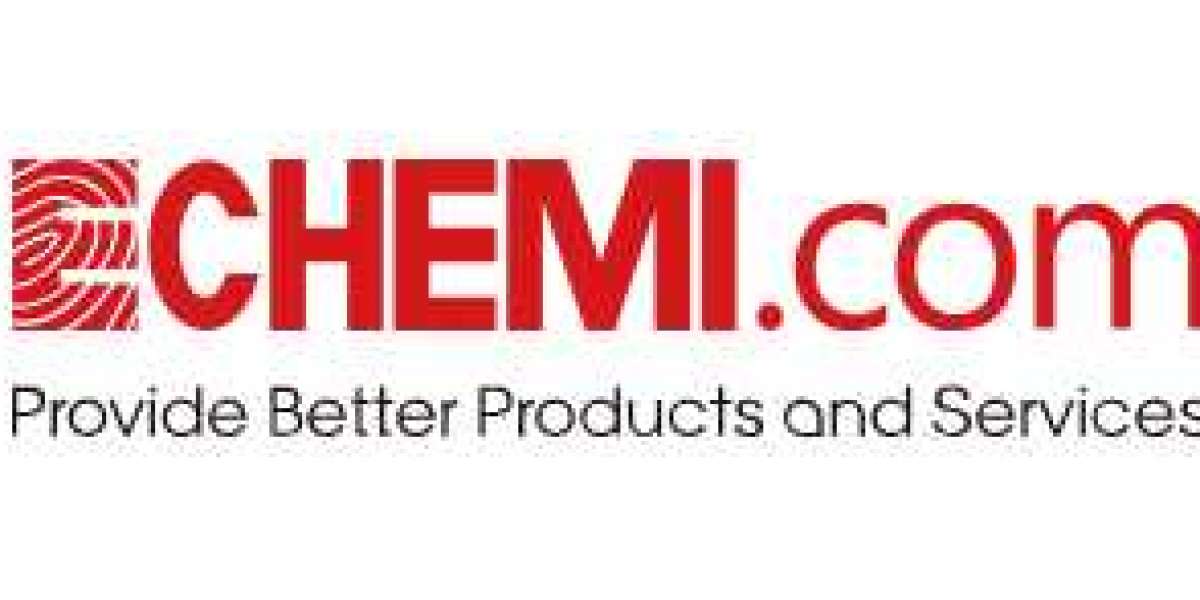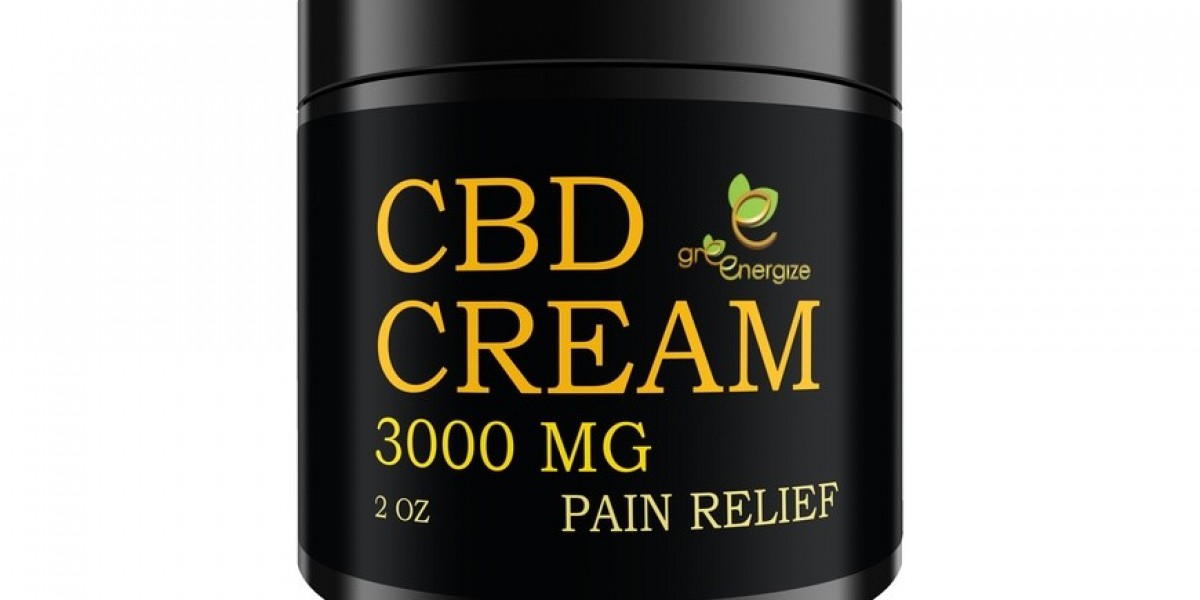Ensuring high-quality products is essential for the success and reputation of a chemical manufacturer. To achieve this, chemical manufacturer implement robust quality control processes throughout their operations. This brief overview highlights the significance of quality control processes in a chemical manufacturing setting and their impact on product integrity and customer satisfaction.
Raw Material Inspection: The quality control process begins with the inspection of raw materials. Chemical manufacturers carefully evaluate the quality and specifications of incoming raw materials to ensure they meet the required standards. This includes conducting tests, verifying certificates of analysis, and assessing the supplier's reliability. By maintaining strict control over raw material quality, manufacturers can prevent issues that may arise during production.
In-process Quality Checks: Quality control processes include regular inspections and checks during various stages of the manufacturing process. This involves monitoring critical process parameters, conducting visual inspections, and performing tests to ensure that the products are being manufactured according to the desired specifications. In-process quality checks help identify deviations or abnormalities early on, allowing for timely adjustments and corrective actions.
Laboratory Testing: Chemical manufacturers have dedicated laboratories equipped with advanced testing equipment and skilled personnel. These laboratories conduct comprehensive testing to verify the quality and performance of the manufactured products. Testing may include physical, chemical, and analytical assessments to confirm compliance with industry standards, customer requirements, and regulatory guidelines.
Statistical Process Control (SPC): SPC is a key aspect of quality control in chemical manufacturing. It involves the continuous monitoring and analysis of production data to maintain process stability and identify trends or variations. SPC helps manufacturers identify any potential issues before they impact product quality, enabling proactive measures to be taken. By using statistical tools and data analysis techniques, manufacturers can make informed decisions and improve overall process efficiency.
Quality Assurance Documentation: Comprehensive documentation is an integral part of quality control processes. Chemical manufacturers maintain detailed records of quality control activities, including test results, inspection reports, and process parameters. These documents serve as evidence of compliance, traceability, and accountability. They provide a reference for audits, investigations, and continuous improvement initiatives.
Certifications and Audits: Many chemical manufacturers obtain certifications such as ISO 9001, which demonstrate their commitment to quality management. These certifications require adherence to defined quality control processes, regular audits, and continuous improvement practices. External audits provide an independent assessment of the manufacturer's quality control systems and help build trust with customers and stakeholders.
Customer Feedback and Complaint Handling: Quality control processes also involve actively seeking and addressing customer feedback. Manufacturers encourage customers to provide feedback on product quality, performance, and satisfaction. Promptly addressing customer complaints and taking corrective actions demonstrates a commitment to customer-centric quality control and fosters strong customer relationships.
By implementing stringent quality control processes, chemical manufacturers can ensure that their products meet or exceed customer expectations, comply with regulatory requirements, and maintain a high level of product integrity. These processes not only help prevent quality issues but also enable continuous improvement and innovation in manufacturing practices. Ultimately, effective quality control processes contribute to customer satisfaction, brand reputation, and long-term success in the chemical industry.



